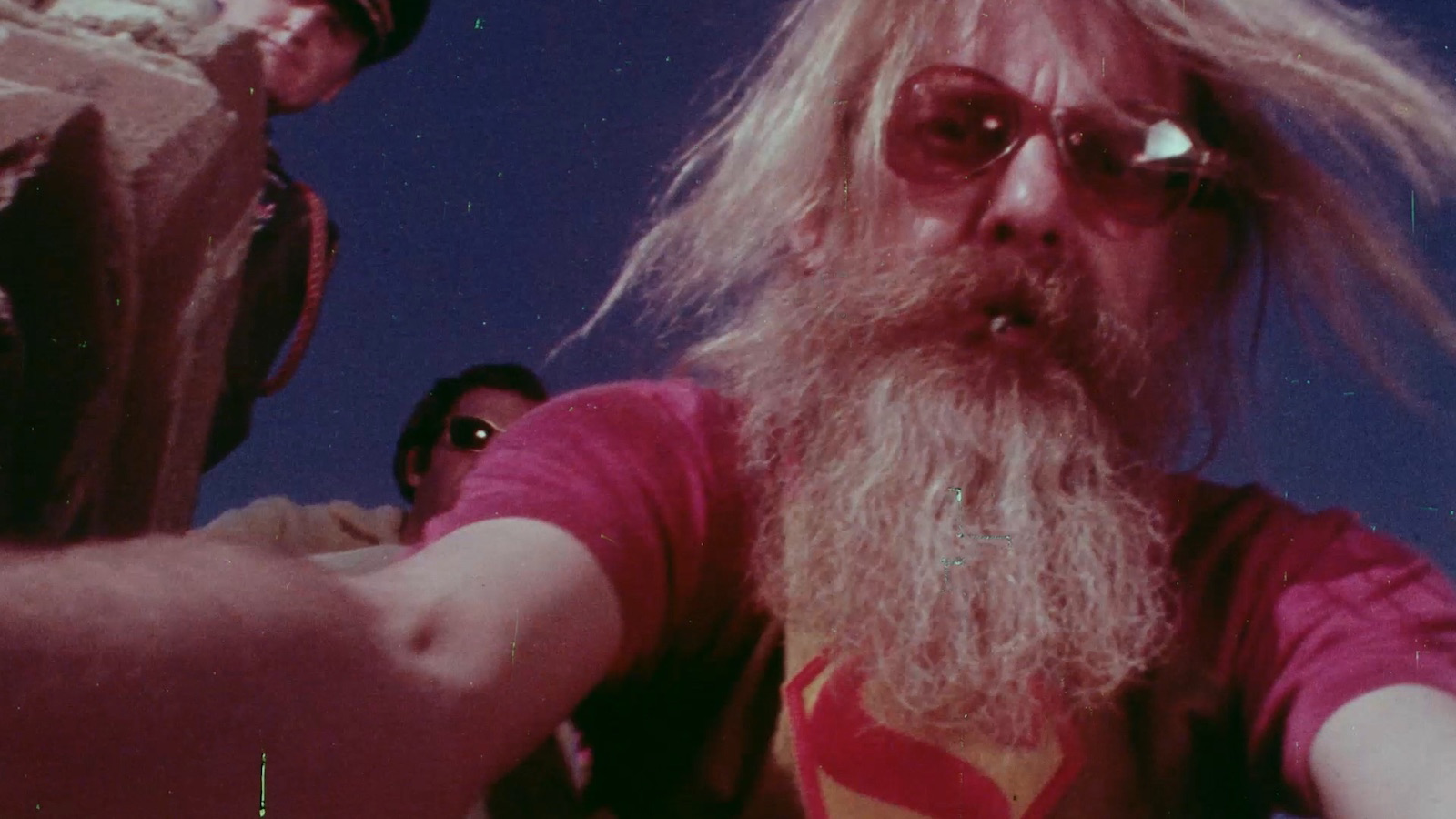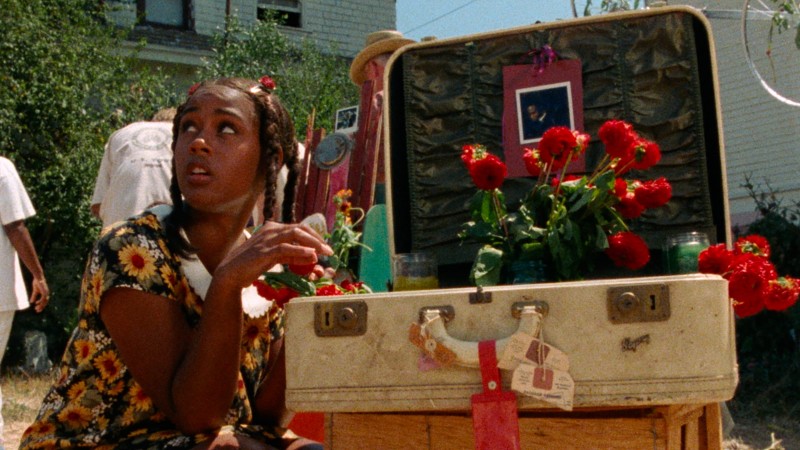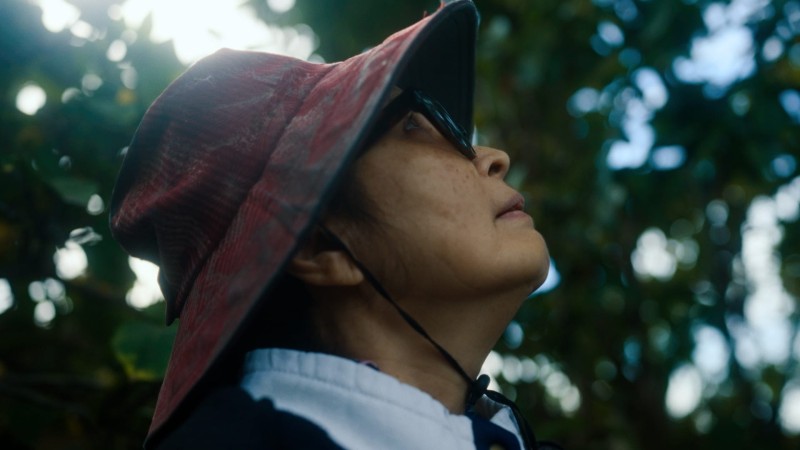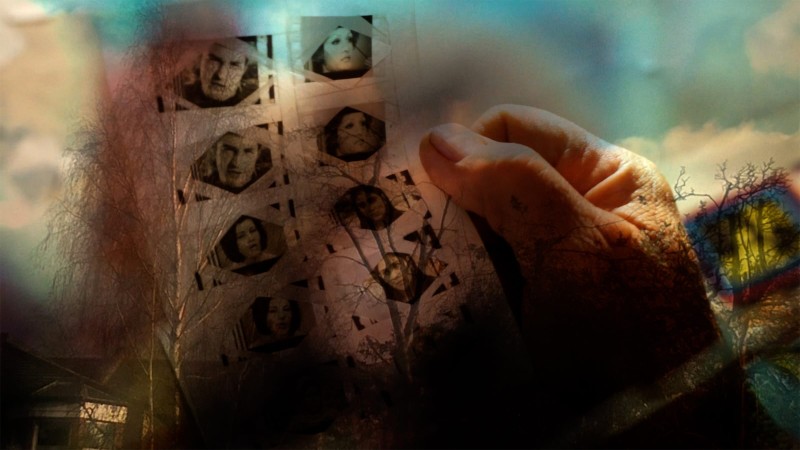The Many Faces of Hal Ashby: A Conversation with Amy Scott

F
ew filmographies encapsulate the rebellious spirit of American cinema in the seventies better than that of Hal Ashby, who crafted an astonishing string of movies that stretched across the span of the decade. Finding success as an editor early in his Hollywood career, he won an Academy Award in 1968 for Norman Jewison’s In the Heat of the Night. Two years later, he made his directorial debut with The Landlord, a satire about gentrification and racial tensions that demonstrated the countercultural streak that would fuel much of his subsequent work, from the against-all-odds love story Harold and Maude (1971) to the searing antiwar drama Coming Home (1978). These films reflected the passions and contradictions of America in a politically turbulent era, but by the eighties, studios shifted their commitment away from the eccentricities of New Hollywood and toward big blockbusters, and Ashby’s career began to falter. It never recovered, and he died tragically in 1988 at the age of fifty-nine.
Three decades later, another editor-turned-director, Amy Scott, has made the first feature-length documentary about Ashby. Hal goes behind the great filmmaker’s enigmatic long-haired-hippie persona to create a complex portrait of an artist whose strident independence and lack of interest in commercial success fueled his ability to craft idiosyncratic work but also led to career-long clashes with producers and a neglect of his personal relationships. The film brings together a mix of rare archival material, audio recordings, letters, and interviews with Ashby’s key collaborators, including Jane Fonda, Lee Grant, and the late Haskell Wexler, and contemporary directors like Alexander Payne, Allison Anders, Lisa Cholodenko, and Judd Apatow. With the film opening in theaters this week, I chatted with Scott about what led her to make a movie about her personal hero and the inspiration she draws from his humanist sensibility.

Like Ashby, you began your work as an editor before taking on the role of director. Do you feel a special kinship with him because of this?
Definitely. I’ve been editing for twenty years now, so I connected with him in terms of craft, but also because the personality type that comes out of the edit bay is very particular. Being an editor allowed me to understand an aspect of his personality that I think guided a lot of his decisions. Spending a lot of time in the edit bay is like cross-country running: you’re in there with your thoughts. Eventually you’re collaborating with the director, but it’s a very personal, behind-the-scenes kind of art form that isn’t widely recognized. It requires long periods of concentration where you have to stay in one room, and that comes with sacrifice. The fact that he was married five times speaks volumes about his dedication to his work at the expense of his personal life.
It’s a big change to go from the quiet, solitary world of editing to a film set, where so much of your work is dependent on communication and collaboration. I imagine that’s not always a very smooth transition.
Yes, but the reason it did go well for Hal on set is because Norman Jewison led him out of the editing room and taught him everything at a really pivotal time. I think if he’d had a different mentor it might have not been the case, but Norman was such an inclusive person, and they shared an idea about film being this communal thing. So Hal was able to get in among the people. But for his entire life he was also constantly taking films back and editing them at his house. It was something he liked to do, and not in a controlling way but just out of a curiosity, to see how he would cut the film. I completely get that. It took me years to edit this movie because I thoroughly enjoyed being in the edit room with this footage of Hal.

How did you go about selecting the right mix of Hal’s collaborators to give the most thorough portrait of him?
Norman was the first and most obvious person; I didn’t think I’d have a film unless I got him. Then there was Haskell Wexler, who’s no longer with us. I felt an urgency to get these guys and a great anxiety about having limited time to collect their stories, because once they’re gone, they’re gone. That era of filmmaking and the way they made movies—only these guys could tell those stories. Beau Bridges and Jeff Bridges were also really important because their collaborations with Hal bookended his career, and their experiences were so different. Jane Fonda was necessary because she was so responsible for Coming Home.
It was important to get the big picture. We wanted people who knew Hal and worked with him and loved him, but we also wanted people like Chuck Mulvehill, his producer, who gave a great, thoughtful, and critical interview. It wasn’t all roses with Hal, and Chuck wasn’t afraid to express his frustration with Hal’s business practices.
Despite making some of the most celebrated American films of the seventies, Ashby is still sometimes regarded as a cult director rather than as one of the central figures of his time. Why do you think it is that he has never reached the level of recognition of his contemporaries?
He’s not like the other auteurs of the seventies. You always know when you see a John Cassavetes film because there’s a style that’s very similar in every film. But with Hal, they’re all stylistically very different, despite having through-lines and connective tissue and sharing these humanistic takes on political themes. It’s not always easy for people to imagine that he made all these films. And he was kind of always back in the shadows. Unfortunately, we couldn’t find too much in the way of interviews where he was in front of the camera accepting awards or making a name for himself, because he was just not that guy.
Was there anything you learned in the process of making the film that surprised you?
When we got our hands on his letters, that was really entertaining. I could only show a small fraction of them because there were so many that he fired off to studio execs. It was fascinating. I always had this notion of Hal being a very chill, gentle, ethereal guy, but actually he would smoke some pot and go to town on the typewriter. You can tell a lot about someone from the way they write letters. He was so funny and acerbic and clever.






